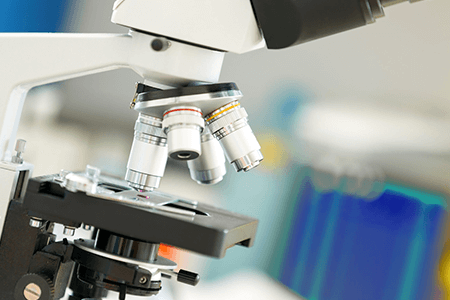Chemistry is used in the cars we drive today and is critical for the cars we’ll drive tomorrow. From the exterior paint, bumpers and headlights to interior seats, dashboard components, and the seatbelts and airbags that help protect passengers -- thanks to innovations in chemistry, automobiles can be manufactured to be light weight, more fuel efficient, and more sustainable. More specifically, the world’s automotive industry uses chemical substances known as silicones to help enhance transportation efficiency, safety, and reliability.
The prevalence of battery-powered electric vehicles (EVs) is expected to greatly increase in the near future. In fact, the Boston Consulting Group forecasts that by 2026 electrified vehicles will account for more than half of light vehicles sold globally. Public policy leaders want to position America to drive the electric vehicle future forward to help address climate concerns. For instance, ambitious new targets have been proposed to make half of all new vehicles sold in 2030 electric vehicles in an effort to facilitate economy -wide greenhouse gas emission reductions.
Silicones in particular are critical to EV technology, due to their temperature resistant properties. For example, silicone insulated cabling shows great resistance to weathering and helps prevent EV components from being damaged. Silicones also provide engineering and manufacturing solutions in many components including charging units, electric motors, battery packs, wiring, and control units.
In addition, electric vehicles use lithium battery packs which are high-energy-density packs capable of delivering more power, longer, but require reliable thermal control. Silicone properties including very low thermal resistance, excellent thermal stability and electrical insulation, and reliable performance under harsh conditions make them critical in the production and use of lithium battery packs. Without silicones, the batteries that power electric vehicles would generally not be as efficient or reach optimal performance.
Silicones are also used in a wide range of car parts including: airbags, engine gaskets, headlamps, hydraulic bearings, ignition cables, radiator seals and hoses, shock absorbers, spark plug boots and ventilation flaps. Silicones help provide cushioning, providing load bearing and protective shock absorption qualities to car seats, dashboards and automotive interiors. By using silicones in these various parts, vehicles can last longer and help protect the vehicle’s passengers even better.
And while the world works to transition to electric vehicles, silicones continue to help with gas-powered vehicles on the road today. Silicone components contribute to weight reduction in automobiles, which results in increased fuel efficiency and lower emissions of pollutants. The United States Environmental Protection Agency estimates that for every 10% reduction in vehicle weight, fuel economy improves by between 6-8%.
Silicones play an increasingly important role supporting improvement, innovation, and progress in the automotive sector. They are at the heart of solutions that make vehicles more efficient for today and are critical for making the cars of the future.

